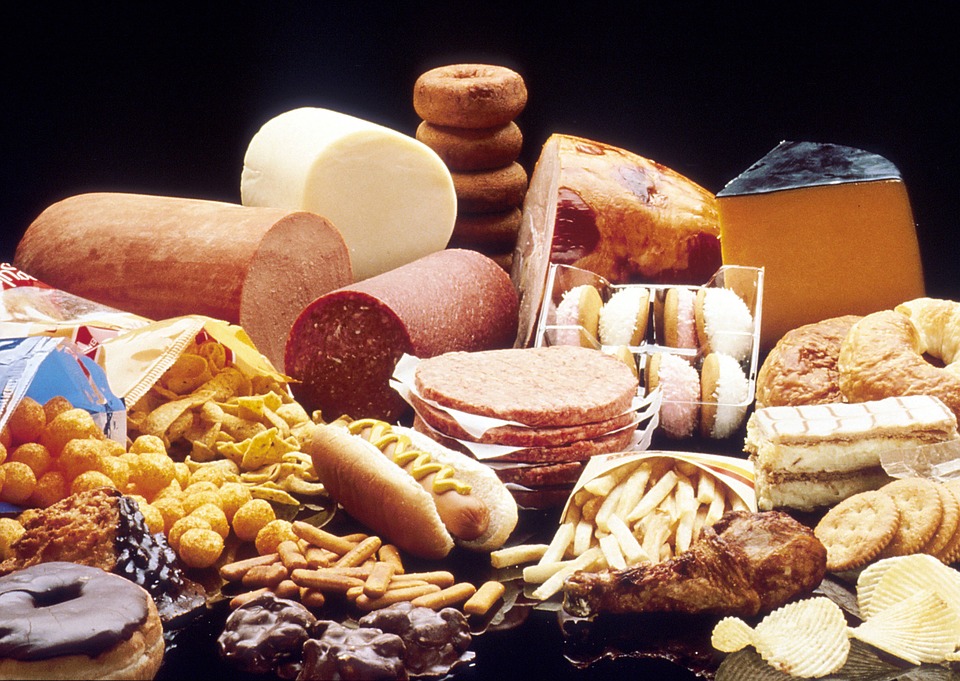Fatty foods and soy products have long been the main “scarecrows” that nutritionists have been scaring us with. Is this true? We tell you what is actually harmful and what is quite the opposite.
Why is everyone afraid of fat?
In the mid-1960s, official medicine recognized fat as a substance that caused the formation of “bad” cholesterol. Fats, according to medics, contributed to the formation of vascular plaques and led to serious cardiovascular diseases, as well as metabolic disorders and other troubles. It was recommended to limit or even completely eliminate from the diet fatty foods, even completely healthy people, in order not to create health problems for themselves in the future. This is how the low-fat dairy products and spreads based on vegetable fats became fashionable, while butter and especially lard were recognized as killer products.
The big corporations behind this story are the producers of products containing so-called fast carbohydrates. It was they who for years have been convincing us that a high-carbohydrate, fat-free diet is good for the human body. This, in many ways, has led to the general obesity of mankind.
Does the body need fat?
Fats should constitute at least one third of the human diet, and deviation from this norm is harmful to the body. This is the official WHO recommendation for today. After many studies, science has recognized that fats are the main source of energy production, also participate in hormonal metabolism and improve the absorption of nutrients and vitamins, such as A, D, E and K. So eat sour cream and butter, yogurt without the 0% label, and even pork fat to your health. The main thing is to remember that you need to keep a balance in everything.
But it is the trans fats in margarine, sausages and chips that are the real danger to health. It is these fats that are responsible for the formation of “bad” cholesterol, and their very consumption increases the risk of atherosclerosis by 23 percent.
Why are soybeans in high demand?
Soy, one of the oldest vegetable crops, was declared a superfood in the Western Hemisphere in the mid-1990s. Nutritionists went crazy about soybeans because, in addition to the typical high vegetable protein content of all legumes, they were found to contain healthy fatty acids, as well as many additional micronutrients and the entire group of B vitamins. What a perfect food for vegetarians and opponents of animal fats!
Who can be harmed by soy?
Soy is a nutritious vegetable product and a really great substitute for animal proteins. It has many advantages, but it also has disadvantages. Soy contains a lot of isoflavones, or phytoestrogens. Excessive consumption of soy-based products can support the hormonal balance of women at the stage of its decline, that is, during menopause, but can also cause harm. For example, it can reduce the chance of getting pregnant, disturb the endocrine balance in women, and even cause enlarged breasts in men if they consume too much soy. In addition, isoflavones can reduce the effectiveness of treatment for cancer patients. If you are in one of these risk groups, your doctor should control the amount and availability of soy and soy products.
Otherwise, their benefits are not a myth, and they are within the norm for anyone who has given up animal protein. Especially valuable are minimally processed soybeans: edamame, tempeh (fermented soybeans) and tofu cheese.

